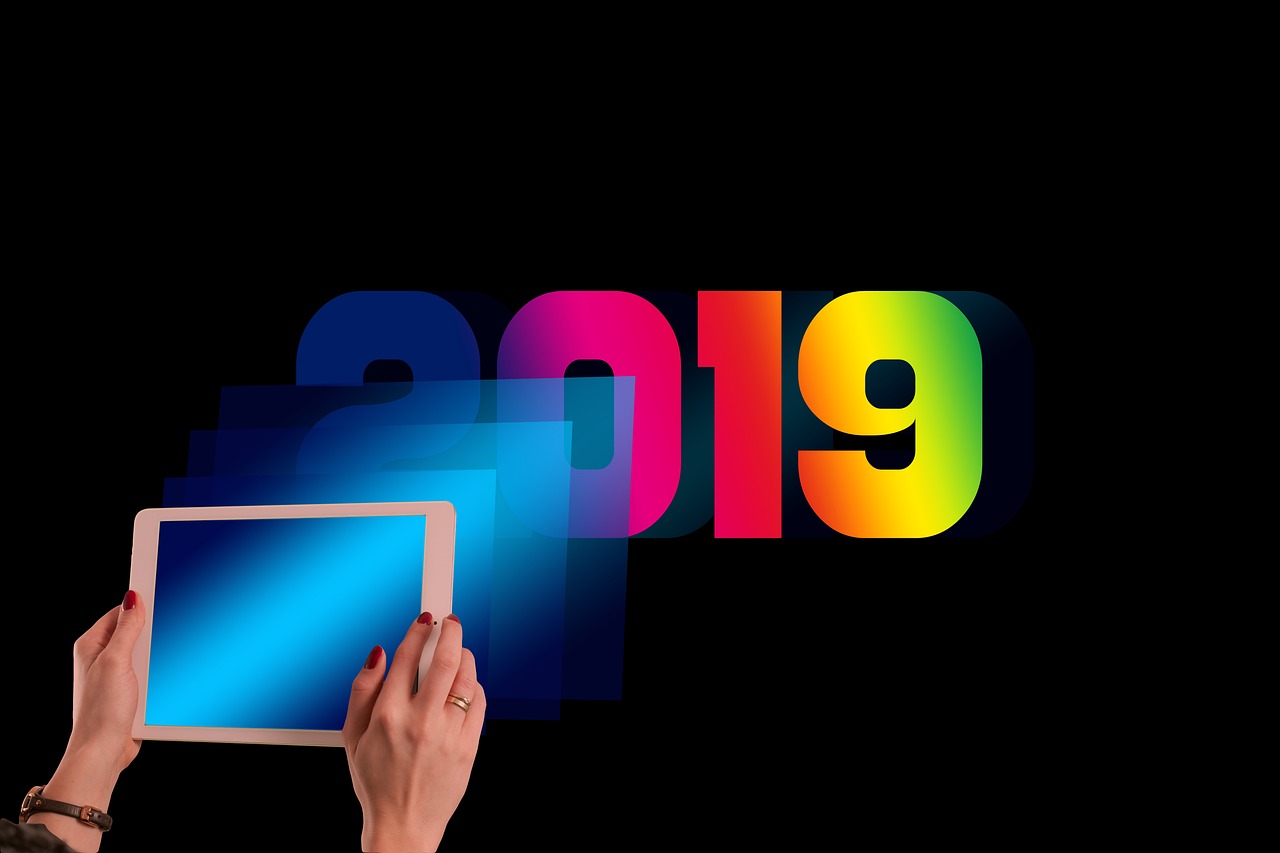The Role of Personalization in Business Media Strategies: Betbook250 com, Reddy anna book online, Playlotus365 com
betbook250 com, reddy anna book online, playlotus365 com: In today’s digital age, businesses are constantly looking for ways to stand out in a crowded marketplace. One key strategy that companies are implementing to differentiate themselves is personalization. Personalization in business media strategies involves tailoring content, products, and services to individual customers based on their preferences and behaviors. This not only enhances the customer experience but also helps drive greater engagement and loyalty.
Why is personalization important in business media strategies?
1. Creating a Personal Connection: Personalization allows businesses to connect with their customers on a more intimate level. By delivering custom content and messaging that resonates with individual interests and needs, companies can build stronger relationships with their audience.
2. Enhancing Customer Experience: When customers feel like a brand understands and values them, they are more likely to return for repeat purchases. Personalization can make interactions with a business more enjoyable and relevant, leading to increased customer satisfaction.
3. Driving Sales and Conversions: Tailoring marketing messages and product recommendations to individual preferences can significantly increase sales and conversion rates. By showing customers products or services that they are more likely to be interested in, businesses can drive higher levels of engagement and ultimately, more revenue.
4. Building Brand Loyalty: Customers are more likely to remain loyal to a brand that goes the extra mile to provide personalized experiences. By consistently delivering relevant and valuable content, businesses can encourage repeat purchases and foster long-term customer loyalty.
How can businesses implement personalization in their media strategies?
1. Collect Data: To personalize content effectively, businesses need to gather data on customer behaviors, preferences, and demographics. This information can be collected through website analytics, social media insights, and customer surveys.
2. Segment Your Audience: Once data is collected, businesses can segment their audience into different groups based on criteria such as demographics, shopping habits, and past interactions with the brand. This allows for more targeted and relevant messaging.
3. Use Automation: Marketing automation tools can help businesses deliver personalized content at scale. From personalized email campaigns to dynamic website content, automation makes it easier to tailor messages to individual customers.
4. Test and Optimize: It’s essential for businesses to continuously test and optimize their personalization strategies. By analyzing results and making adjustments based on feedback, companies can ensure that their efforts are driving the desired outcomes.
FAQs
Q: How does personalization benefit businesses?
A: Personalization can benefit businesses by enhancing customer relationships, increasing sales and conversions, and fostering brand loyalty.
Q: What are some examples of personalized content?
A: Examples of personalized content include customized product recommendations, personalized email campaigns, and dynamic website content tailored to individual preferences.
In conclusion, personalization plays a crucial role in modern business media strategies. By tailoring content, products, and services to individual customers, businesses can create a more engaging and relevant experience that drives customer satisfaction and loyalty. By implementing personalization strategies effectively, companies can stay ahead of the competition and build long-lasting relationships with their audience.







